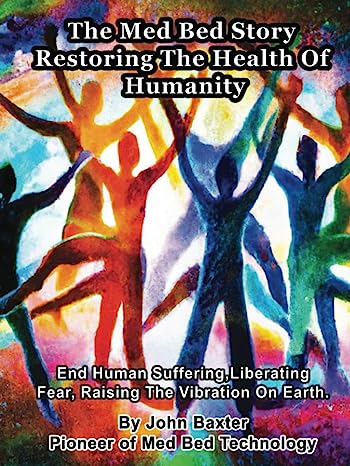Sleep plays a crucial role in maintaining overall health, and for those struggling with sleep disorders, sleep studies offer a potential pathway to diagnosis and treatment. But do sleep studies work? This article provides a comprehensive guide to their effectiveness, exploring how sleep studies are conducted, their benefits, and how they can lead to better sleep outcomes for individuals experiencing sleep-related issues.
What Are Sleep Studies?
A sleep study, also known as polysomnography, is a non-invasive test that records various physiological data while you sleep. These studies are designed to diagnose sleep disorders, such as sleep apnea, insomnia, restless leg syndrome, and narcolepsy, by monitoring brain activity, eye movement, heart rate, breathing, and muscle activity during sleep.
Sleep studies are typically conducted in specialized sleep centers or clinics, though home sleep studies are becoming more common for certain conditions like sleep apnea.
How Sleep Studies Work
1. In-Lab Sleep Studies
- Monitoring Equipment: During an in-lab sleep study, sensors are attached to your body to monitor brain waves, oxygen levels, heart rate, breathing patterns, and muscle activity while you sleep. The data is then analyzed by a sleep specialist to identify any irregularities.
- Controlled Environment: These studies are conducted in a controlled environment to minimize external distractions, ensuring that the collected data accurately reflects your natural sleep patterns.
2. Home Sleep Studies
- Portable Devices: Home sleep studies involve wearing a portable device that monitors similar metrics, such as breathing and oxygen levels. These studies are often less comprehensive but are more convenient and comfortable for patients.
- Diagnosis Focus: Home sleep studies are typically used to diagnose sleep apnea and may not capture the full range of sleep disorders that an in-lab study can detect.
Effectiveness of Sleep Studies
1. Accurate Diagnosis
- Identifying Sleep Disorders: Sleep studies are highly effective in diagnosing a wide range of sleep disorders. By collecting detailed data on various physiological processes during sleep, sleep specialists can pinpoint specific issues, such as interruptions in breathing or abnormal brain activity, that may be causing sleep disturbances.
- Treatment Plans: Once a diagnosis is made, sleep studies provide valuable information that can be used to create a targeted treatment plan. For example, a diagnosis of sleep apnea might lead to the prescription of a continuous positive airway pressure (CPAP) machine, while a diagnosis of restless leg syndrome could result in medication or lifestyle recommendations.
2. Personalized Insights
- Tailored Solutions: Sleep studies offer personalized insights into your sleep habits and disorders. By understanding the specific issues affecting your sleep, sleep specialists can recommend personalized treatments that are more likely to improve sleep quality.
- Long-Term Benefits: Diagnosing and treating sleep disorders can have long-term health benefits, including improved cognitive function, mood, and physical health, as well as a reduced risk of chronic conditions like heart disease and diabetes.
Limitations of Sleep Studies
1. Artificial Sleep Environment
- Sleep Disruption: One of the main limitations of in-lab sleep studies is that the controlled environment can sometimes feel unnatural, leading to difficulty falling asleep or sleeping normally. This could potentially affect the accuracy of the results.
- Home Comfort: While home sleep studies offer more comfort, they may lack the detailed data that in-lab studies provide, limiting their diagnostic capabilities.
2. Cost and Accessibility
- Insurance and Costs: Sleep studies, particularly in-lab studies, can be expensive, and insurance coverage may vary. Some individuals may find the cost prohibitive, limiting access to this diagnostic tool.
- Availability: Access to sleep studies may also be limited by location, with fewer sleep clinics available in rural or underserved areas.
Alternatives and Complementary Approaches
While sleep studies are a valuable tool for diagnosing sleep disorders, other methods can complement or enhance their effectiveness:
- Wearable Sleep Trackers: Devices like smartwatches and fitness trackers offer basic sleep monitoring and can provide helpful data on sleep patterns. However, they lack the accuracy and comprehensiveness of a professional sleep study.
- Cognitive Behavioral Therapy for Insomnia (CBT-I): This therapeutic approach focuses on changing sleep-related behaviors and thoughts. CBT-I can be effective in treating insomnia and may be recommended in conjunction with sleep studies.
Conclusion: Do Sleep Studies Really Work?
Sleep studies have proven to be highly effective in diagnosing and treating a range of sleep disorders, providing invaluable insights into how the body functions during sleep. While there are some limitations, such as the artificial sleep environment and the cost, the benefits of accurate diagnosis and tailored treatment plans make sleep studies a critical tool for improving sleep quality. Whether conducted in a lab or at home, sleep studies offer a pathway to better sleep and, ultimately, better health.




